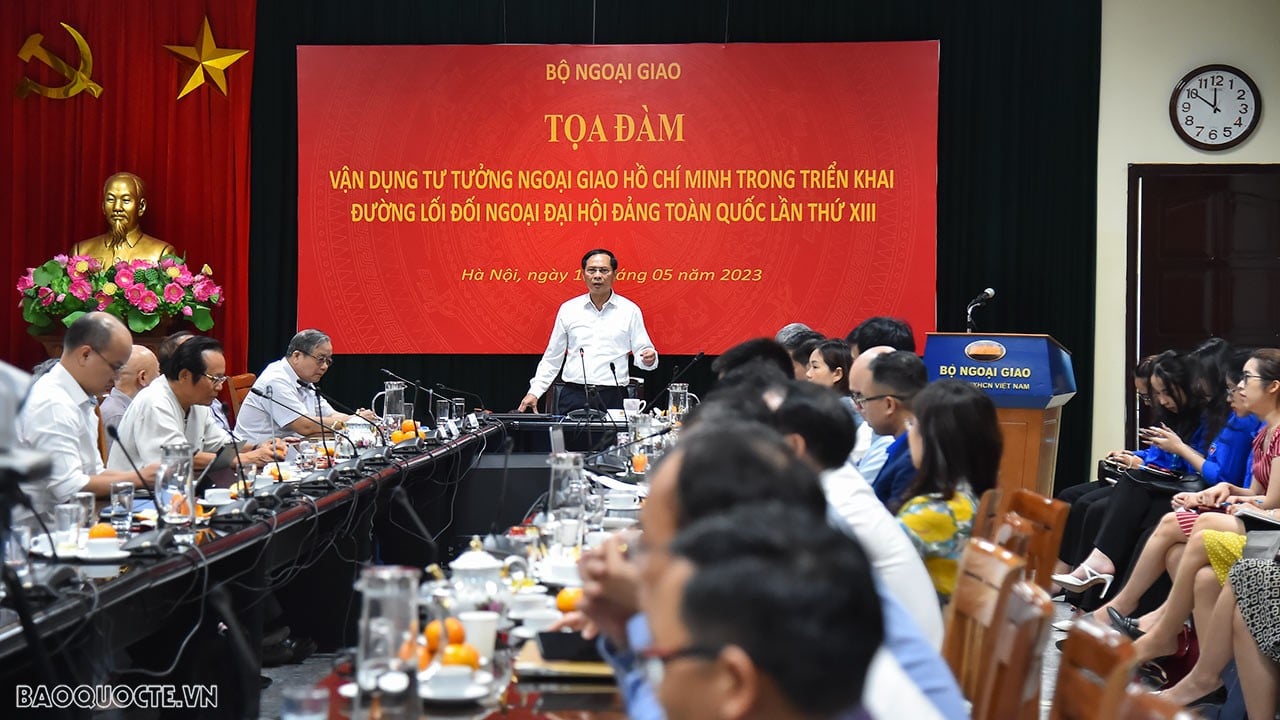 |
| Comrade Bui Thanh Son, member of the Party Central Committee, Minister of Foreign Affairs attended and delivered a speech at the seminar 'Applying Ho Chi Minh's diplomatic thought in implementing the foreign policy of the 13th National Party Congress'. (Photo: Tuan Anh) |
The seminar is an important activity in the series of political activities of the Ministry of Foreign Affairs to study and follow the ideology, morality and style of President Ho Chi Minh, thereby applying Ho Chi Minh's diplomatic ideology into the practice of foreign affairs.
Comrade Bui Thanh Son, member of the Party Central Committee, Secretary of the Party Committee, Secretary of the Ministry's Party Committee, Minister of Foreign Affairs attended and delivered a speech directing the Dialogue.
Attending the seminar were former Deputy Prime Minister Vu Khoan; Alternate member of the Party Central Committee, Deputy Secretary of the Party Committee of the Ministry of Foreign Affairs, Permanent Deputy Minister Nguyen Minh Vu; Deputy Minister of Foreign Affairs Le Thi Thu Hang, member of the Standing Committee of the Party Committee of the Ministry of Foreign Affairs; representatives of the Party Committee of the Central Agencies, former leaders of the Ministry, veteran officials, scientists, members of the Standing Committee, members of the Party Executive Committee, affiliated Party Committees and representatives of the Youth Union of the Ministry of Foreign Affairs.
Speakers at the seminar included Prof. Dr. Ambassador Vu Duong Huan, former Director of the Academy of International Relations, Head of the Diplomatic History Research Department and Dr. Ambassador Nguyen Ngoc Truong, former Head of the Diplomatic History Research Department and representatives of several units in the Ministry.
The seminar includes 3 sessions, the first session with the exchange of former leaders, veteran officials and scientists about Ho Chi Minh's ideology, art and diplomatic methods.
The second session focused on applying Ho Chi Minh's thought in implementing the 13th National Congress' guidelines with sharing from representatives of units in the Ministry and the Ministry's Youth Union on the practical application of Ho Chi Minh's thought in implementing foreign affairs work.
The Third Session is an open discussion for young generations of diplomats to learn from previous generations and share their thoughts, dreams and ambitions.
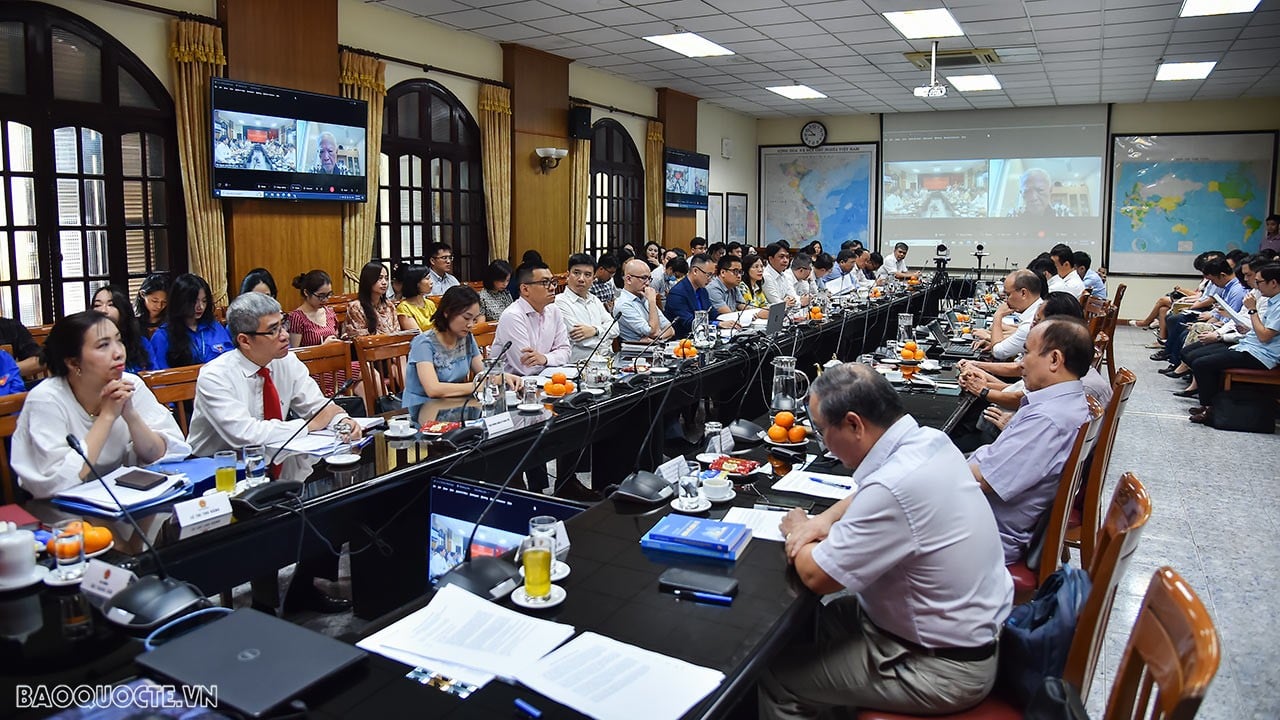 |
| Former Deputy Prime Minister Vu Khoan spoke online at the seminar. (Photo: Tuan Anh) |
In his opening speech at the seminar, Permanent Deputy Minister Nguyen Minh Vu emphasized that this is also the time when our Party is reviewing and assessing the implementation of the Resolution of the 13th National Party Congress in the mid-term. The country is entering a strategic development phase, posing great tasks for the diplomatic sector.
Therefore, continuously studying, learning and thoroughly grasping Ho Chi Minh's thought is of decisive significance to the successful implementation of the Party's foreign policy.
Only then can Vietnam's foreign affairs rise to par with the times, and have the ability to promptly, adequately, and in the most beneficial way for the country, handle all arising issues.
At the same time, this is also an opportunity to express gratitude to the revolutionary elders who have made contributions to the steadfast struggle on the diplomatic front, thereby strengthening education on glorious revolutionary traditions, fostering love for the industry, love for the profession, and pride in the industry for cadres and party members, especially the young generation working in the field of foreign affairs.
At the Seminar, the opinions and statements had high scientific content, were carefully researched by the speakers, clarifying the content, methods, style and art of Ho Chi Minh's diplomacy with new perspectives and new aspects of Ho Chi Minh's diplomatic thought.
Many statements also related and evaluated the practical implementation of Ho Chi Minh's thought in foreign affairs work in recent times, and the experience and application of Ho Chi Minh's diplomatic thought in handling current foreign affairs activities.
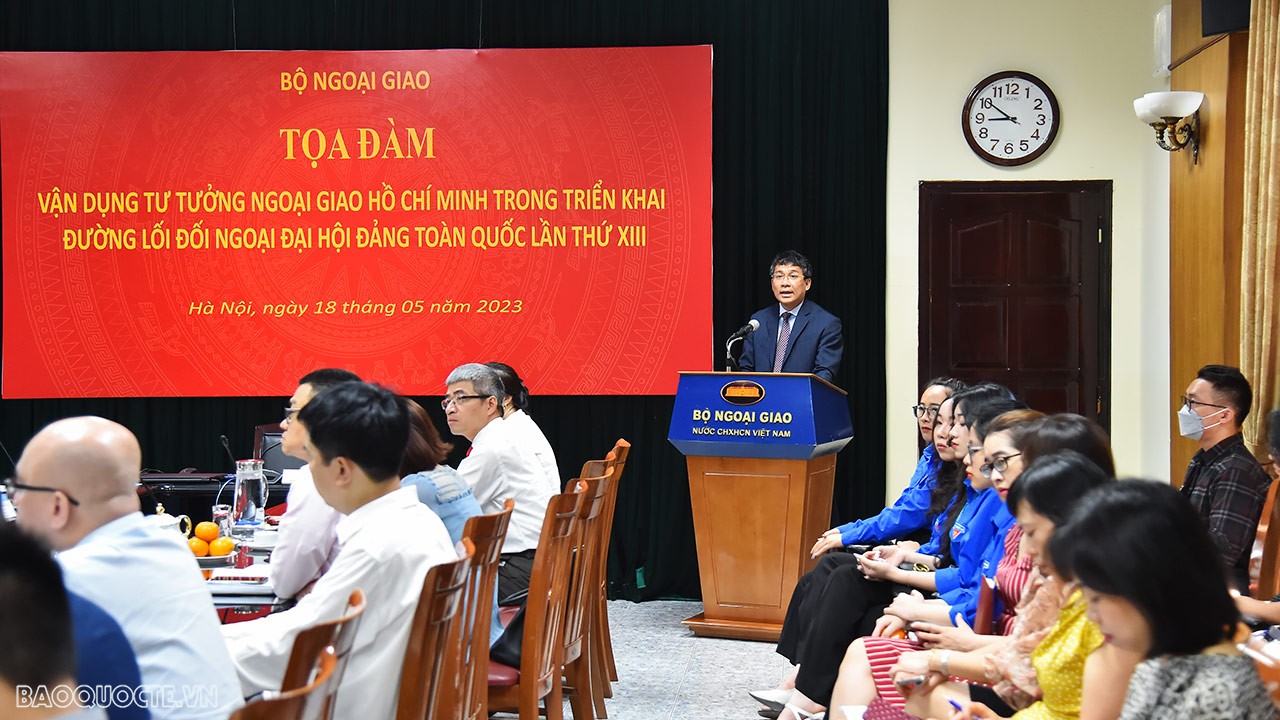 |
| Permanent Deputy Minister Nguyen Minh Vu delivered the opening speech at the seminar. (Photo: Tuan Anh) |
Notably, some opinions have gone into depth to propose and recommend measures to better implement the application of Ho Chi Minh's thought in implementing the foreign policy of the 13th National Congress.
Evaluating Ho Chi Minh's diplomatic art, former Deputy Prime Minister Vu Khoan emphasized four characteristics of Ho Chi Minh's diplomacy: Firm in goals; Peaceful in nature; Flexible in actions; Humanistic in character and behavior.
At the same time, four areas that need to be researched and applied in diplomacy are: forecasting research; diplomatic crisis handling; diplomatic communication and lifelong learning.
From the perspective of the young generation representing the youth union members of the Ministry of Foreign Affairs, Secretary of the Youth Union Nguyen Dong Anh shared that the discussion organized on the occasion of the 133rd birthday of President Ho Chi Minh is an opportunity for the young generation to review the lessons that Uncle Ho left for the young generation of Vietnam in general and the diplomatic sector in particular.
The Youth Union of the Ministry of Foreign Affairs has carried out many political and ideological activities to study and follow Uncle Ho. To be worthy of being Ho Chi Minh's communist youth, being "both red" and "both professional" diplomatic cadres, today's generation of diplomatic cadres will strive to study and apply Uncle Ho's ideology, style and diplomatic art.
In his closing speech, comrade Bui Thanh Son acknowledged the valuable contributions to help clarify Ho Chi Minh's ideology, style, and diplomatic art, because this is an important component of Ho Chi Minh's ideology, and Ho Chi Minh's ideology is an important part of the ideological foundation, theory, and guideline for our Party's actions.
Applying Ho Chi Minh's diplomatic thought to foreign affairs practice, first of all, is to research, forecast and advise on strategies to maintain the initiative in the context of a world with many great and complex changes.
 |
| Professor, Dr. Ambassador Vu Duong Huan (right), former Director of the Academy of International Relations, Head of the Diplomatic History Research Department, and Dr. Ambassador Nguyen Ngoc Truong, former Head of the Diplomatic History Research Department, participated in the discussion at the seminar. (Photo: Tuan Anh) |
To meet the current work requirements, diplomatic officers need to thoroughly grasp his guiding principles of “looking broadly and thinking carefully”, “knowing oneself, knowing others, knowing the times and the situation” in order to “know how to advance, retreat, stop, and change” for the benefit of the nation. This needs to be applied in dealing with relations with each partner, each international forum, and each specific context.
In an increasingly complex international context, we must be calm and courageous on the basis of steadfast independence and self-reliance, while at the same time being clever, subtle and creative in handling relationships.
Minister Bui Thanh Son also emphasized that Vietnamese diplomacy has a unique and distinctive foreign policy school of the Ho Chi Minh era, which is the "Vietnamese bamboo" diplomatic school with a firm root, a strong trunk, flexible branches, and a flexible but very resilient nature.
The "Vietnamese bamboo" school of foreign affairs and diplomacy based on Ho Chi Minh's diplomatic ideology and diplomatic, cultural and national traditions and identities is suitable to Vietnam's specific conditions and meets the country's development requirements in the current period.
The solid root is the tradition of self-reliance, self-strengthening, national and ethnic interests, guided by the Party's ideological foundation. The solid trunk is the resilience in the face of all challenges and difficulties, the core of the foreign policy of independence, self-reliance, multilateralization and diversification of relations. The flexible branch is the behavior of "being unchanging, responding to all changes".
The Minister requested that experts, scientists, veteran officials, and units within the Ministry need to study and clarify the content of the "Vietnamese bamboo" diplomatic school and apply it firmly and creatively in practical foreign affairs activities.
The seminar has profound theoretical and practical significance, contributing to educating traditions and equipping knowledge for officials working in foreign affairs, helping to understand more deeply the meaning of Ho Chi Minh's diplomatic thought to effectively apply it to contribute to the successful implementation of the foreign policy of the 13th National Party Congress.
Source










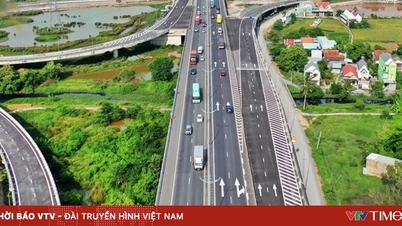
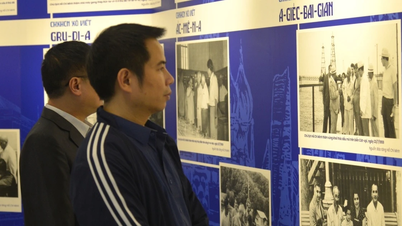

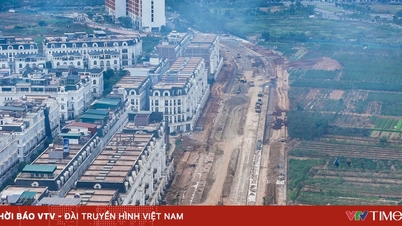

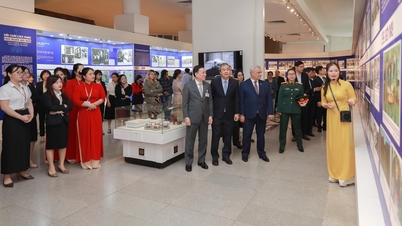








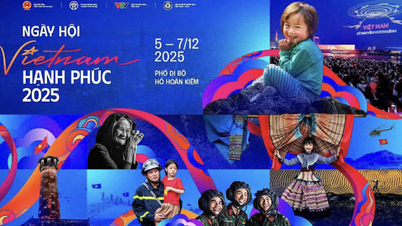







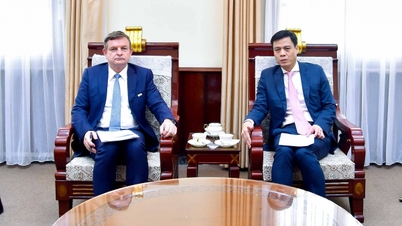
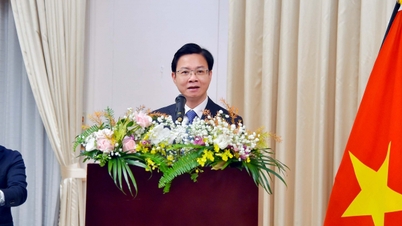
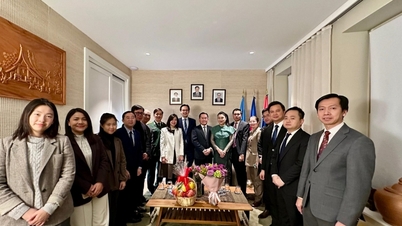
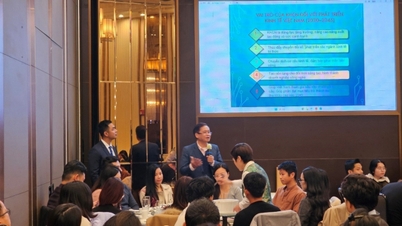
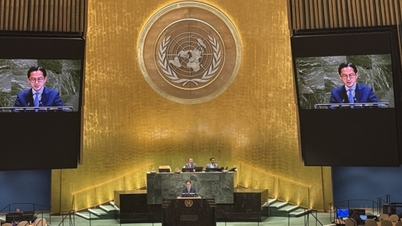
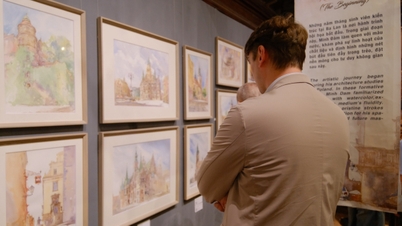




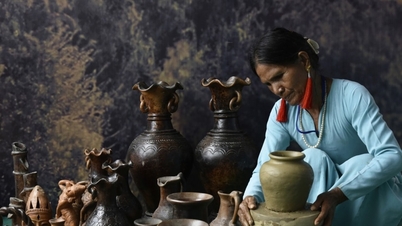

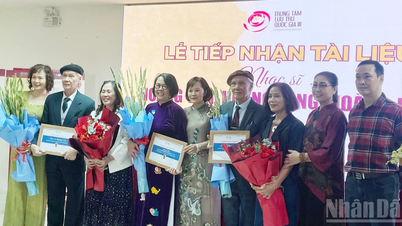


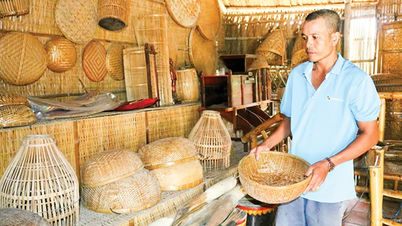

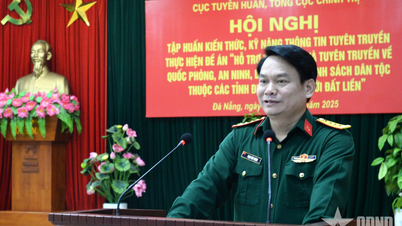

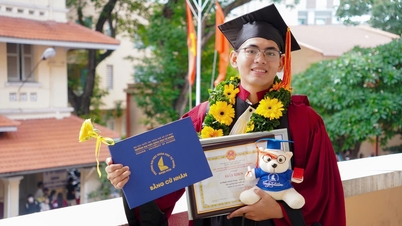

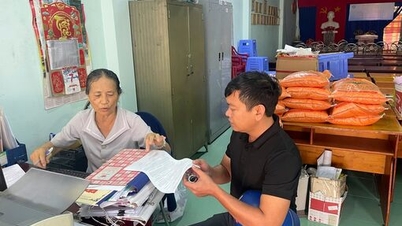

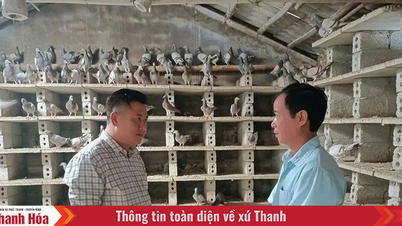

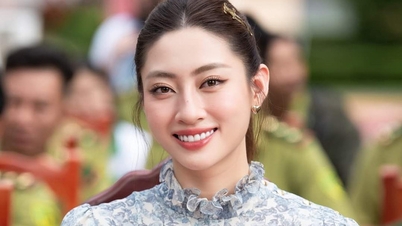



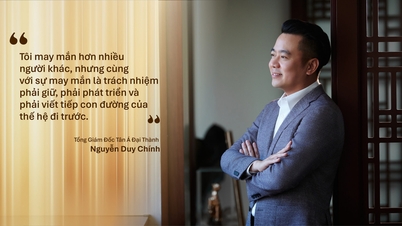










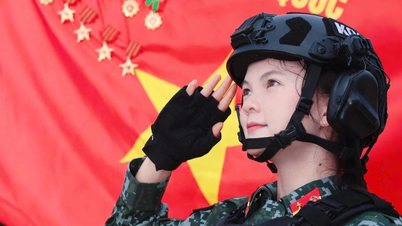

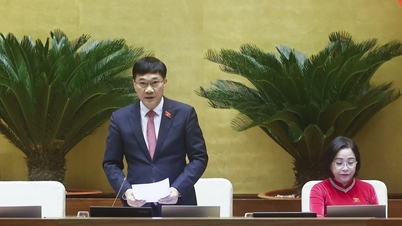

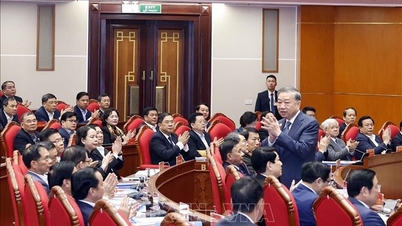
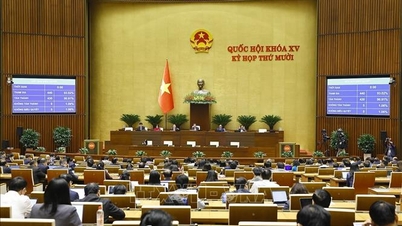


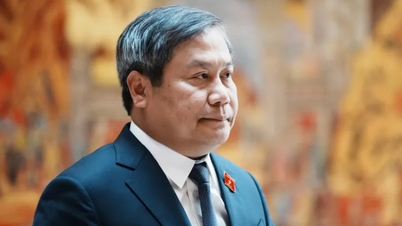
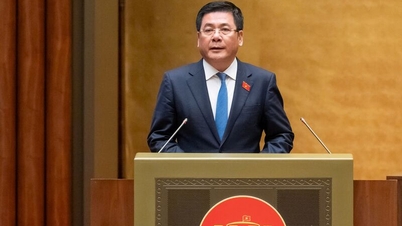

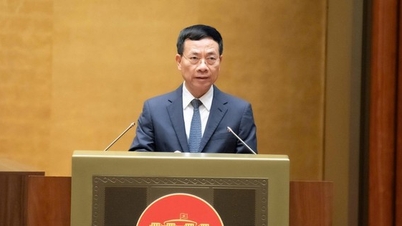




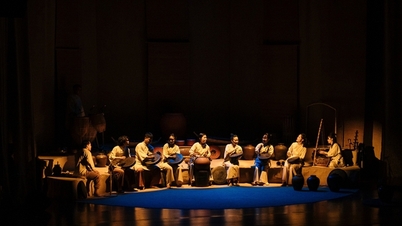
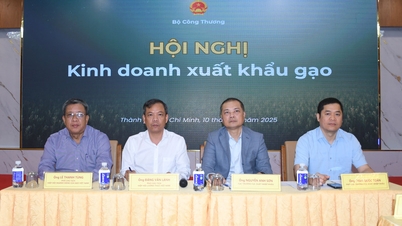

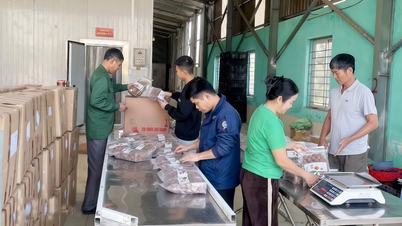

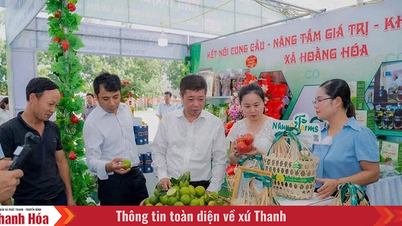
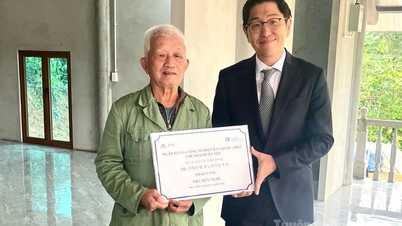

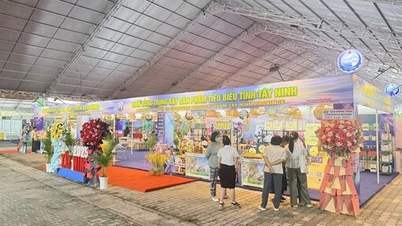
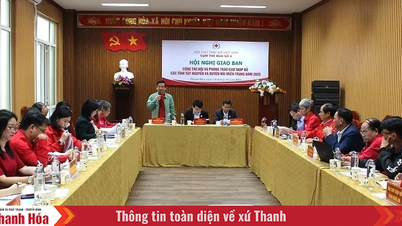











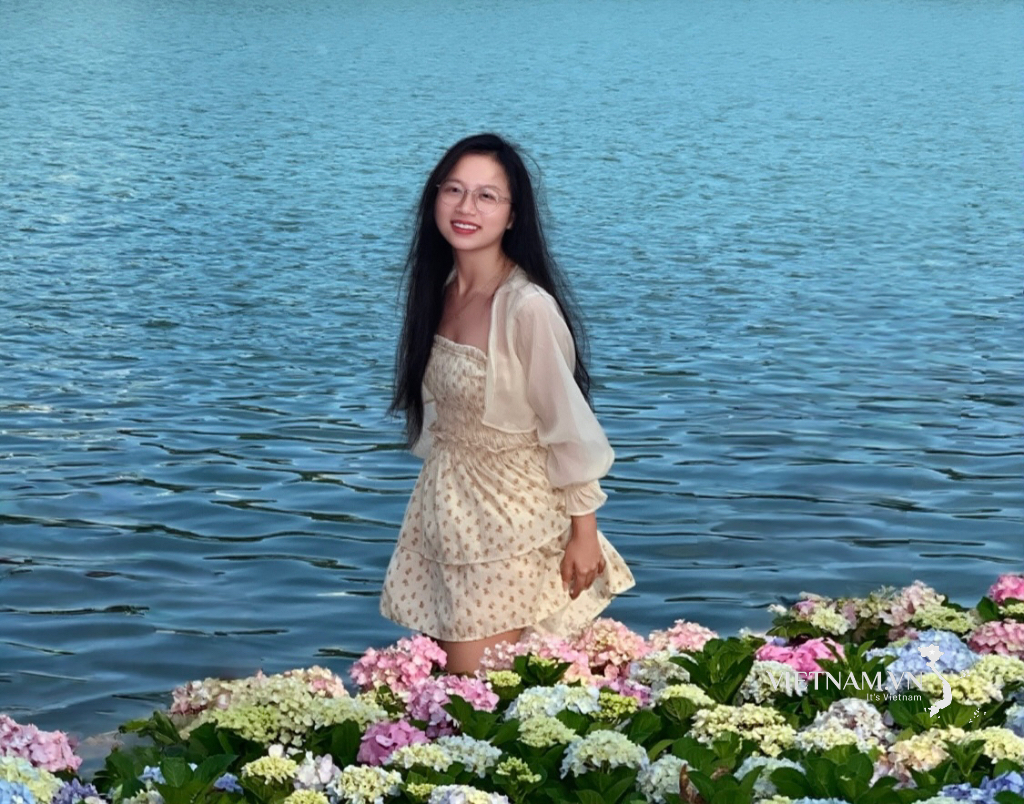

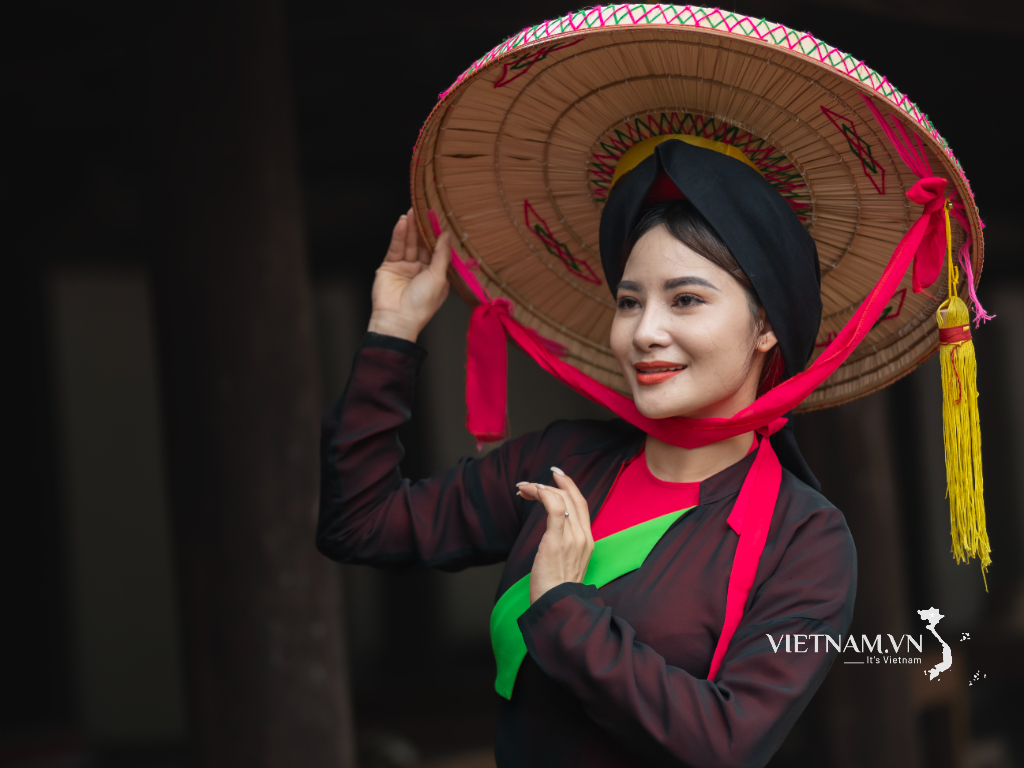




Comment (0)